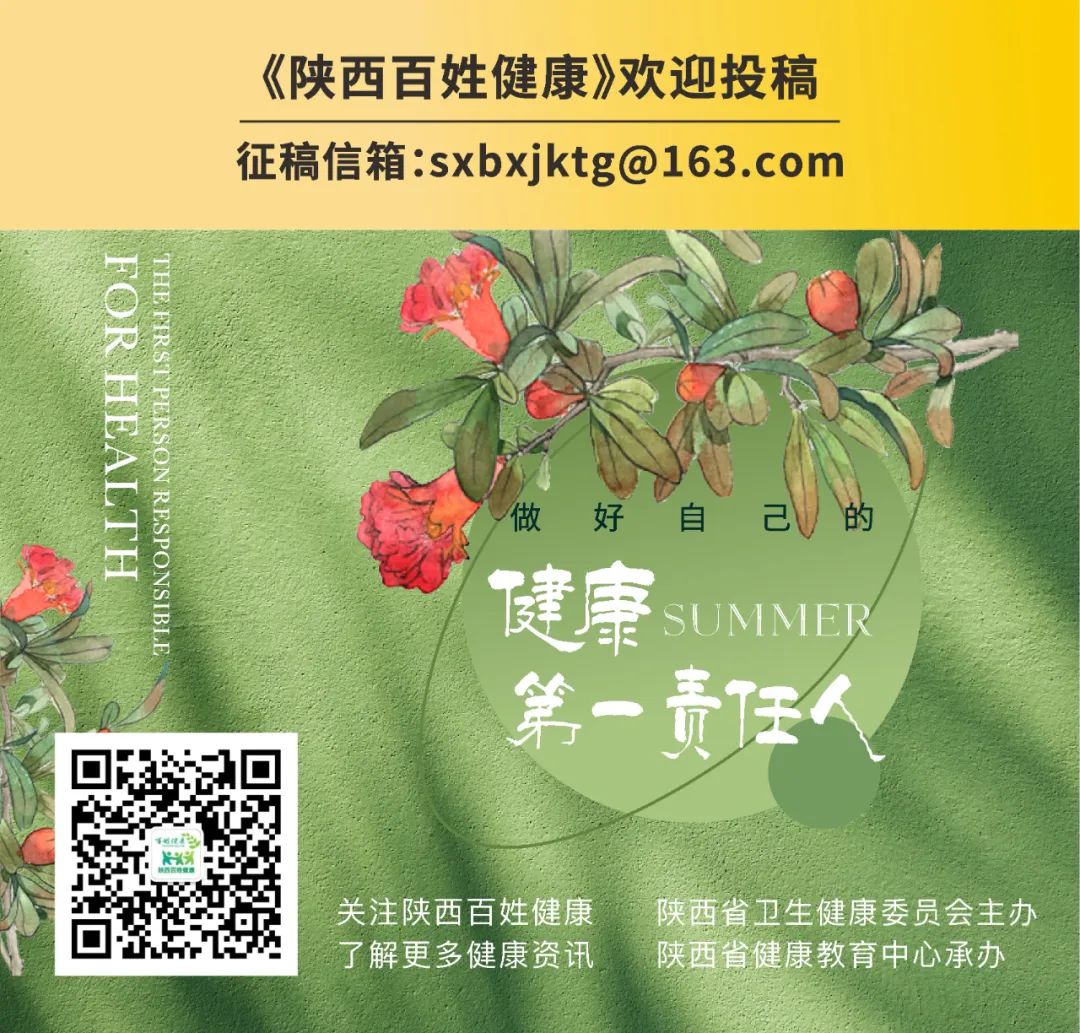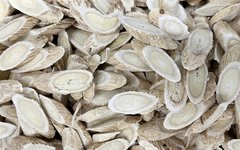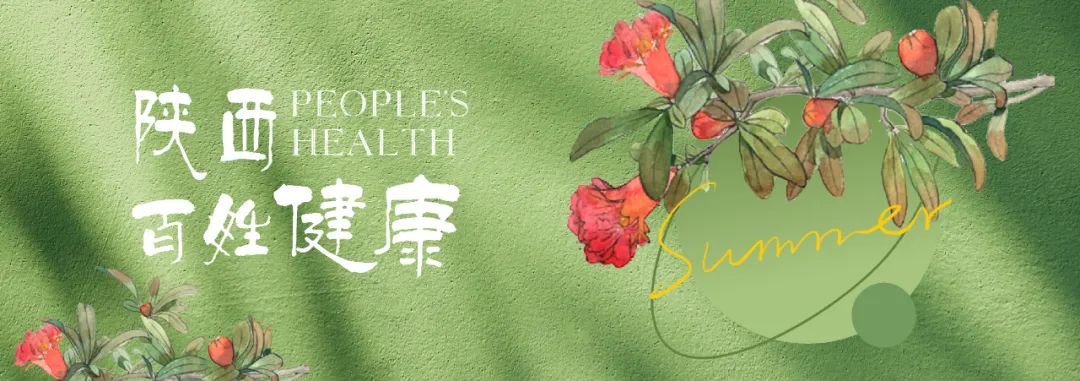
“Next spring, will the grass be green, will the Wang Sun return?” This line is from the poem “Farewell” by the Tang dynasty poet Wang Wei, where “Wang Sun” does not refer to a person, but is an ancient name for a traditional Chinese medicine—Huang Qi.
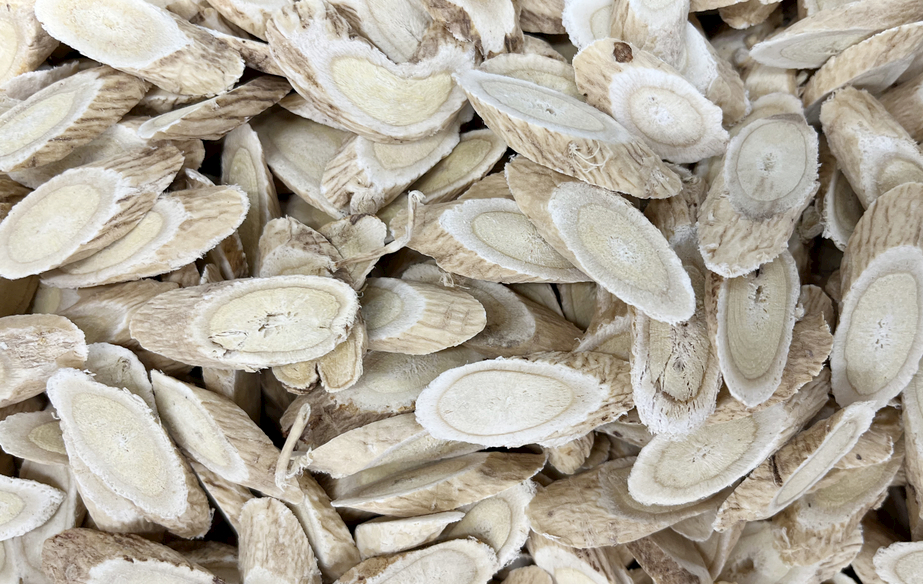
In ancient times, Huang Qi was referred to as “Huang Qi”. Li Shizhen explained its name in “Compendium of Materia Medica”: “Qi means long. Huang Qi is yellow in color, and is the best among tonics, hence the name.”
History of Huang Qi
Huang Qi first appeared in “Fifty-Two Disease Formulas” and was classified as a superior herb in “Shennong’s Classic of Materia Medica”. The “Chinese Pharmacopoeia” records Huang Qi as the dried root of the leguminous plant Mongolian Huang Qi (Astragalus membranaceus) or Membranous Huang Qi (Astragalus mongholicus).
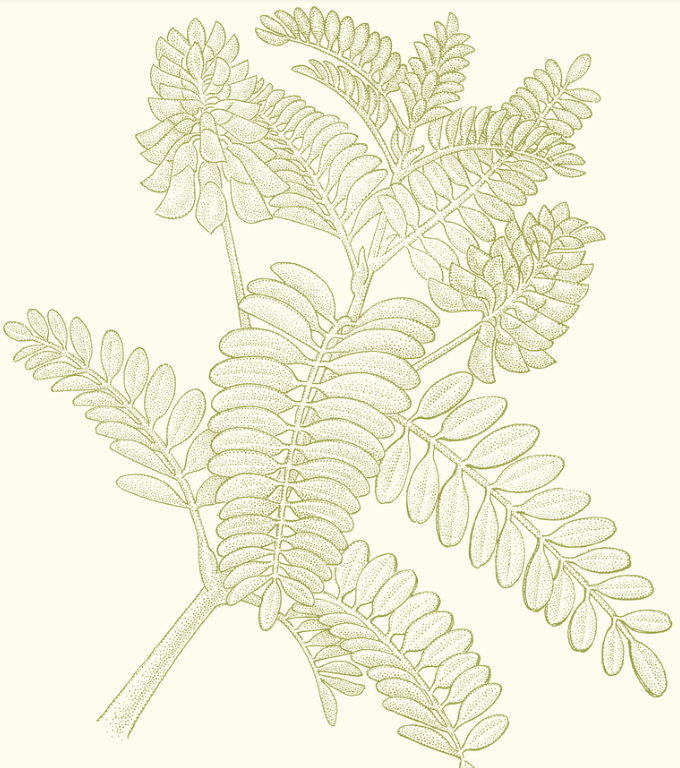
According to the “Old Book of Tang”, there is a story related to Huang Qi. Xu Yinzong, a native of Yixing in Changzhou, served as an official under the Southern Chen’s King of Xincai. One day, the Liu Empress of Xincai fell ill and could not speak. After consulting many famous doctors, they were all helpless; her pulse was weak, and she could not take medicine. Xu Yinzong suggested, “Do not use oral medicine; it is better to use vapor to fumigate her. This will allow the medicine to enter the pores and be effective.” He then boiled dozens of doses of Huang Qi and Fang Feng Decoction and placed it under her bed, allowing the vapor to rise like smoke. That night, the Liu Empress was able to speak again. As a result, he was appointed as the governor of Yixing. After the fall of the Southern Chen, he entered the Sui dynasty and served as the Minister of Medicine.
Huang Qi is the King of Qi-Boosting
Both Huang Qi and Ren Shen (Ginseng) are excellent Qi tonics; however, Ren Shen is more focused on replenishing the original Qi, while Huang Qi primarily addresses deficiency. In the Qing dynasty, it was referred to as “the best among Qi tonics” in the imperial palace, and there is a saying among the people that “drinking Huang Qi soup regularly prevents disease and maintains health.” Modern medical research shows that Huang Qi contains various amino acids, folic acid, and trace elements, which help with diuresis, blood pressure reduction, and enhancing the immune function of the body.
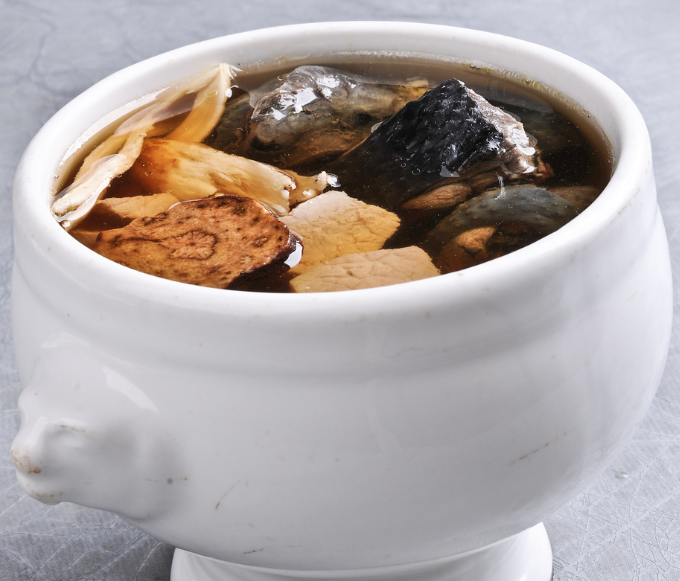
Huang Qi is sweet and warm in nature, and it enters the Lung (Fei) and Spleen (Pi) meridians. It has the effects of boosting Qi and raising Yang, stabilizing the exterior and stopping sweating, promoting diuresis and reducing swelling, generating fluids and nourishing blood, moving stagnation and relieving pain, expelling toxins and promoting pus discharge, and promoting wound healing. It is primarily used for treating Qi deficiency, fatigue, poor appetite, diarrhea, prolapse of the rectum, blood in stool, excessive sweating due to exterior deficiency, Qi deficiency edema, internal heat and thirst, blood deficiency and sallow complexion, hemiplegia, numbness and pain, difficult-to-heal sores, and chronic ulcers.
Choosing Huang Qi: A Clever Approach
Huang Qi can not only be brewed as a health tea but is also a common ingredient in soups. The slices of Huang Qi are round or oval thick pieces, with a yellowish-white to light brown color, and may show longitudinal wrinkles or grooves.
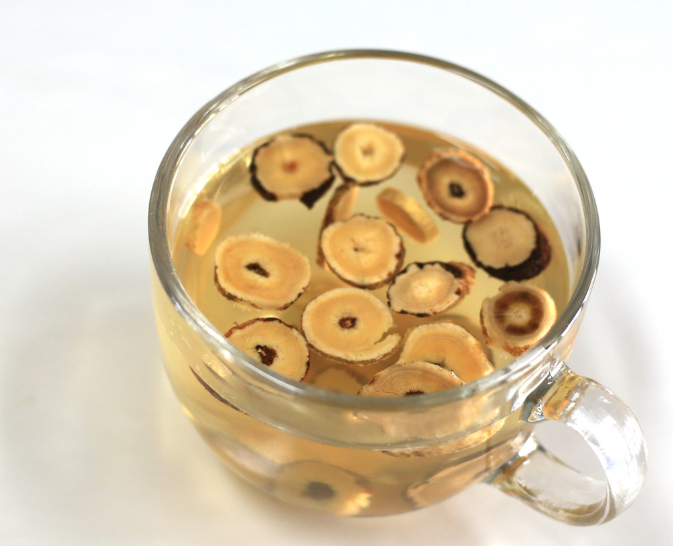
Generally speaking, thicker diameter pieces are of better quality. If there are many thin tail roots mixed in, it indicates lower quality. When smelling Huang Qi, there should be a slight bean-like odor, but it should not be too strong. If there is no bean-like odor or if it is too strong, it is likely a counterfeit. When tasting Huang Qi, it should have a slightly sweet taste; if there is no sweetness or if it tastes bitter, astringent, or spicy, it indicates poor quality.
Source: “San Qin Health” 2023, Issue 6Science Popularization Expert:Xi’an Traditional Chinese Medicine Hospital Department of Pharmacy Zhi YuanImage Source: Network, please delete if infringingPrevious Issues Review01Be Careful! Supplementing the body can also have “pits” that may lead to cancer!02>Can tumor patients drink soup to supplement nutrition? Five nutritional misconceptions that tumor patients should avoid03>Using Chinese medicine for tea to lose weight, the following types should not be used indiscriminately
Final Review: Hao Wenjuan Re-examination: Gao Yunbao
Initial Review: Tie Yunli Editor: Zhang Bozhao Chen Xinyi Proofreader: Yang Aying Wang Leilei
